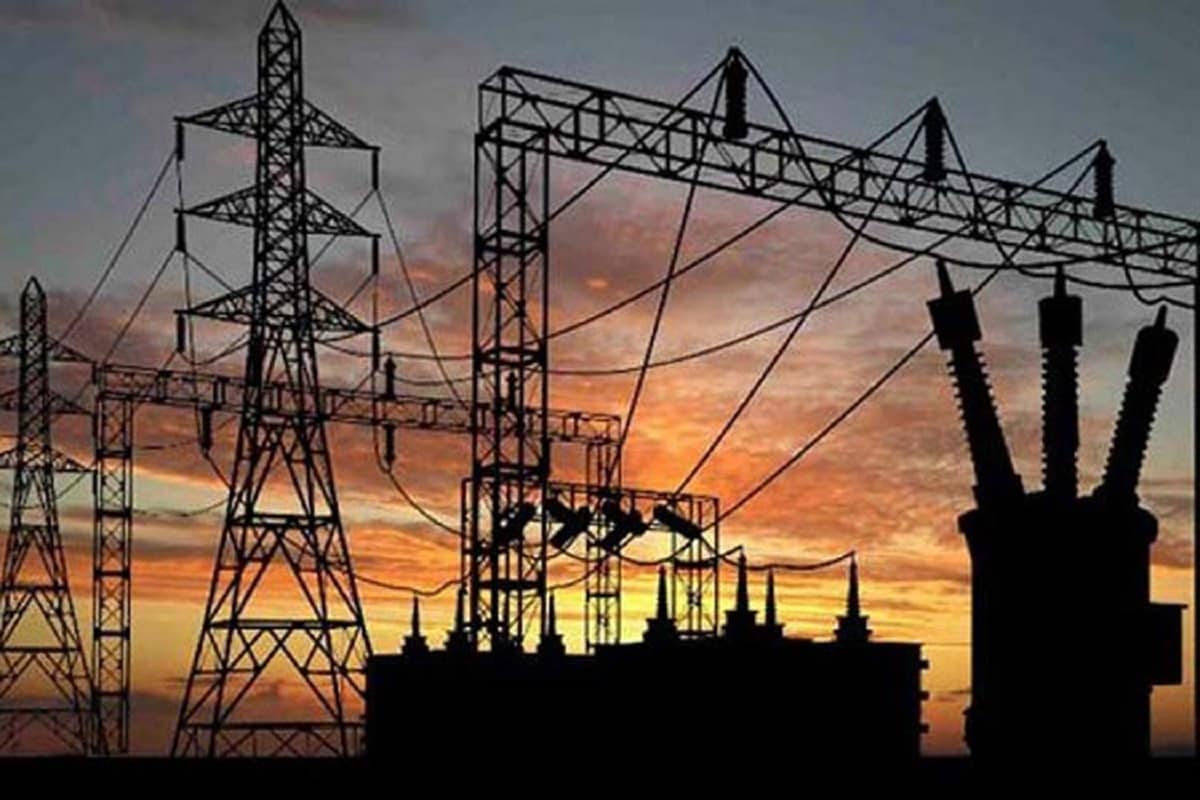
February 23, 2022
Rakshit Rautela
Regulatory Powers of State and Central Electricity Regulatory Commissions
Background
The Electricity Act, 2003 was enacted for the optimum development of electricity Industry and to safeguard the consumer interest, inter alia, by promotion of competition, rationalization of tariff, encouragement of efficiency, economical use of resources, recovery of the cost of electricity in a reasonable manner and supply on commercial principles.
Experience has shown that though the electricity sector has received phenomenal growth, the objectives of the legislation to create discipline in matters of finance are far from being achieved. The defaults in timely payments of dues by the procurer in supply chain seem to be too many, too frequent and too brazen to be acceptable. The fact that distribution licensees controlled by the State Governments indulge in such conduct, forcing the sellers into protracted litigation, demonstrating disinclination to discharge liability, is a matter particularly of grave concern.
To tackle this problem and provide relief to power generators/sellers the legislator has provided Regulatory Commissions powers such as “Power to Relax” and “Power to Remove Difficulties”.
Regulatory Powers
1. Power to Relax and Power to Remove Difficulty
Power to Relax provides that the Commission may vary any provisions of State/Central Tariff Regulations on its own motion i.e., suo-moto or on an application made to it by an interested person, it further provides that commission exercising this power shall record its reasons in writing.
Power to Remove Difficulties provides that appropriate commission may make any provision not inconsistent with regulations as it deems necessary on its own motion or otherwise after giving a reasonable opportunity to those likely to be affected.
In the case of Torrent Power Ltd., the Appellate Tribunal for Electricity (herein ‘APTEL’) has held the commission is vested with power to relax Regulations. The commission whenever exercising its power shall exercise its discretion judicially and in accordance with well -recognized principles and has to carefully examine circumstances in each case and decide whether such a case is one of those exception to general rule.
In NTPC vs. MPSSEB case LD. APTEL held that “power to relax” is essentially comprised if in case any Regulation causes hardship to a party or works injustice to him or application of such regulation leads to unjust result.
Apart from these two powers that commission has Inherent power to make such orders as may be necessary to meet ends of justice, the inherent power of commission is such that it can alter the terms and conditions of an agreement executed between parties.
2. Regulation of Tariff
The Regulatory Power of commission to determine tariff under Electricity Act (herein “Act”) is a general one, the Sec. 62 and Sec. 63 of the Act provides the procedure to determine tariff, under Sec. 62 read with Sec. 61 and Sec. 64 of the Act the commission determines the tariff and under Sec. 63 of the Act the appropriate commission does not determine the tariff but adopt the tariff already determined through a transparent process of bidding in accordance with guidelines issued by appropriate government.
When Can Commission Exercise Regulatory Power to grant compensatory tariff: The proviso to this regulation is that when determination (Sec. 62 of the Act) and adoption (Sec 63 of the Act) of tariff is done in accordance with appropriate Government’s guidelines then the commission is bound by that determined or adopted tariff but in absence of such clear guidelines Commission’s general regulatory powers can be used. As in Energy Watch Dog case it was held that:
“It is clear that in a situation where the guidelines issued by the Central Government under Section 63 cover the situation, the Central Commission is bound by those guidelines and must exercise its regulatory functions, albeit under Section 79(1)(b), only in accordance with those guidelines. As has been stated above, it is only in a situation where there are no guidelines framed at all or where the guidelines do not deal with a given situation that the Commission’s general regulatory powers under Section 79(1)(b) can then be used.”
CONCLUSION
The Electricity Act, 2003 was brought with an idea to make power generation, distribution, wheeling, transmission more effective, to increase the competitive, to make whole process more customer friendly and same time generators can receive their whole payments but it is evident from many instances that these ideas are far from being achieved, to tackle these problems faced by generator or distributors due to fault of other party or no fault of their own, the Act and various tariff regulations provides power to State/Central Regulatory commissions to exercise their regulation power in judicious manner, to achieve the goal of optimum development of electricity industry.





